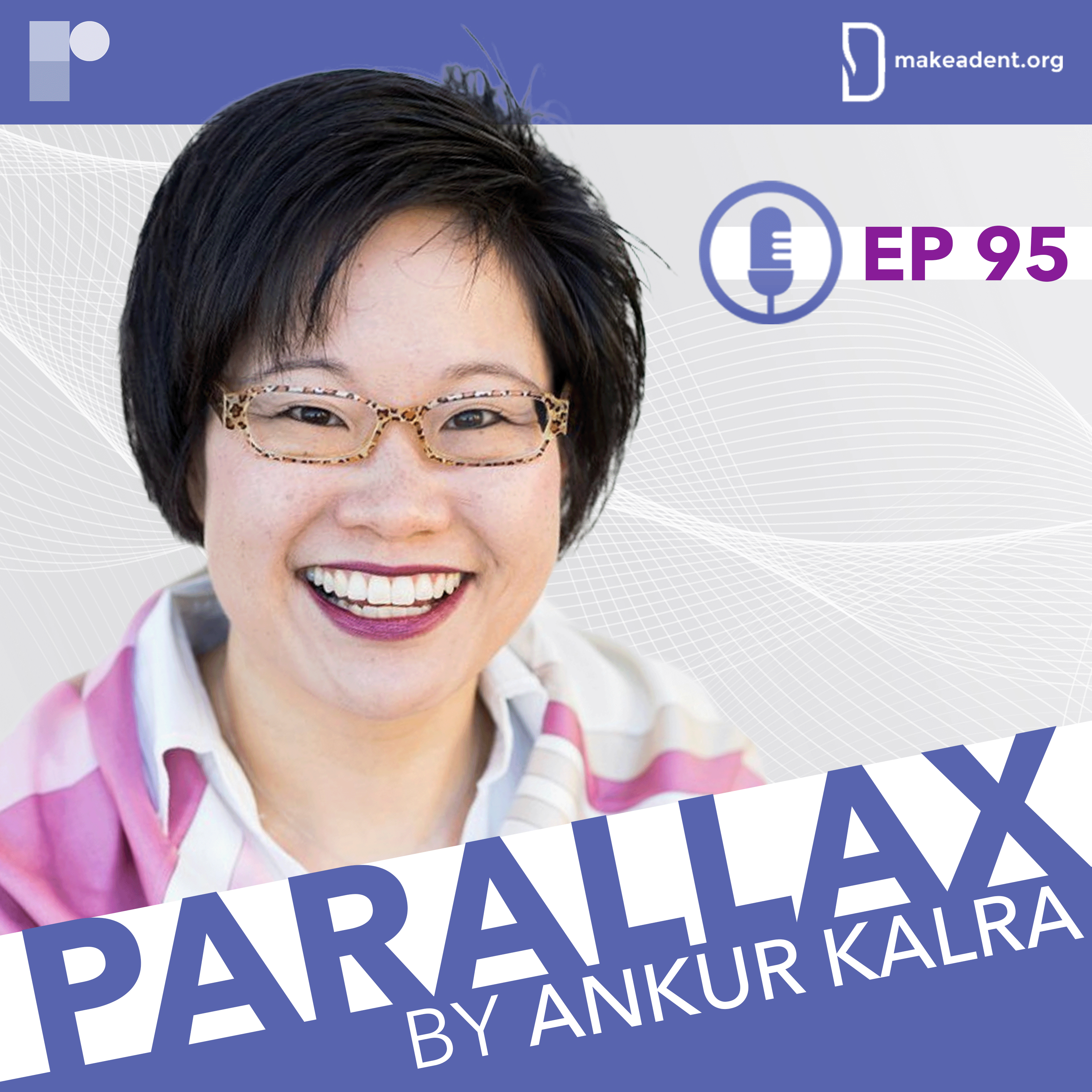
Join Dr Ankur Kalra in this episode of our mini-series, "Conversations about Hypertrophic Cardiomyopathy", as he engages in an in-depth discussion with Dr Carolyn Yung Ho. Together, they explore the journey from symptoms to diagnosis and management options for hypertrophic cardiomyopathy (HCM).
This series is supported by an unrestricted educational grant from Bristol Myers Squibb. Please see www.camzyosrems.com for important safety information.
Dr Ho is Medical Director of the Cardiovascular Genetics Center and an Associate Professor at Harvard Medical School.
Dr Ho offers a comprehensive examination of HCM, providing valuable insights on diagnosing the condition and distinguishing it from other conditions. The discussion addresses important questions, such as when to refer patients suspected of having HCM.
The episode explores the significance of cardiac MRI in diagnosing and distinguishing HCM, with a focus on the distinctive features that aid in assessment. The differentiation between sarcomeric and non-sarcomeric forms of HCM is examined for its clinical relevance, with an emphasis on identifying individuals at risk.
Dr Ho sheds light on the diagnostic tools used for risk stratification in both obstructive and non-obstructive cases of HCM. The conversation delves into management strategies for non-obstructive HCM patients, including additional approaches to alleviate symptoms such as exertional dyspnoea.
The episode concludes by discussing cardiac myosin inhibition as a potential therapy, covering important considerations and providing a comprehensive checklist for initiating treatment. Additionally, the latest evidence on exercise training in HCM patients is highlighted.
Tune in to gain insights into the diagnosis and management of HCM as Dr Ankur Kalra and Dr Carolyn Yung Ho illuminate this intricate cardiovascular condition.
This content is intended for US-based physicians.
This series is supported by an unrestricted educational grant from Bristol Myers Squibb.
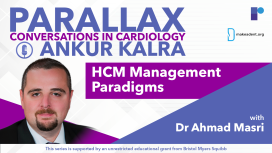
This series is supported by an unrestricted educational grant from Bristol Myers Squibb. Please see www.camzyosrems.com for important safety information.
This content is intended for US-based physicians.



Tune in to discover the strategies that Dr. Kalra and Dr. Alasnag are currently employing and gain insights into how these data will shape their future decision-making in the catheterization laboratory. Don't miss this informative discussion at the forefront of interventional cardiology.

As we adapt to the changes brought about by the pandemic, Dr Singh outlines the necessary steps to foster a reality in which we can utilize these technologies to create more time for human connection.

Dr Owens is Medical Director of the Center for Inherited Cardiac Disease and Associate Professor of Medicine at the Hospital of the University of Pennsylvania.
This series is supported by an unrestricted educational grant from Bristol Myers Squibb. Please see www.camzyosrems.com for important safety information.
This content is intended for US-based physicians.

This series is supported by an unrestricted educational grant from Bristol Myers Squibb. Please see www.camzyosrems.com for important safety information.
This content is intended for US-based physicians.
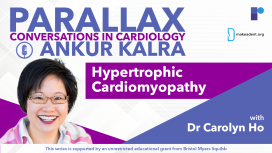
This series is supported by an unrestricted educational grant from Bristol Myers Squibb. Please see www.camzyosrems.com for important safety information.
This content is intended for US-based physicians.
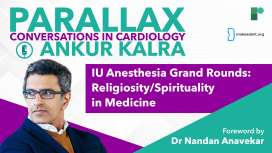
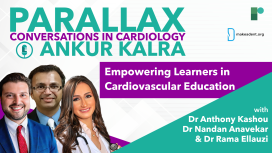

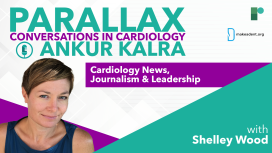
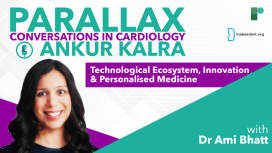
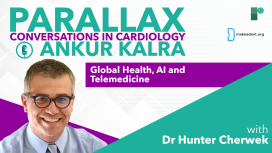
They talk about AI assisted consultation, learning pathways incorporating simulators for early career practitioners and the Flying Eye Hospital. Dr Cherwek shares his experiences about working with local teams globally and the work that goes into setting up trials across the world.
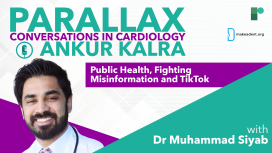
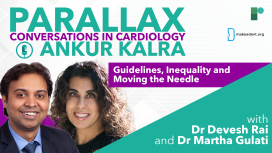
Dr Ankur Kalra’s guests this week are Dr Martha Gulati, internationally recognized cardiologist specializing in Women and Heart Disease, Heart Disease Prevention and Dr Devesh Rai, first year cardiology fellow at Rochester General Hospital.





